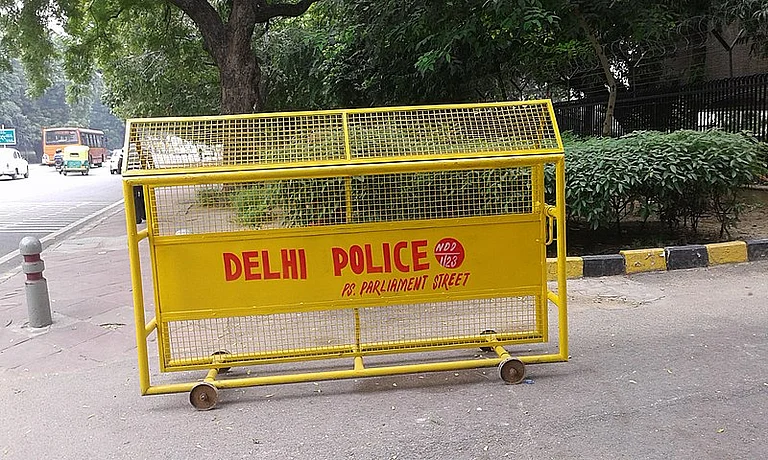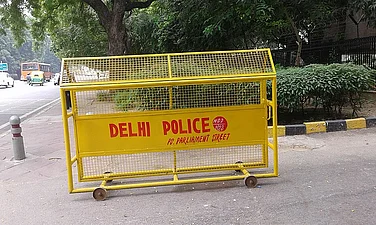The one innovative idea the party did come up with in the 2009 election—redeeming Indian black money from banking havens and using it for rural development—had an appeal limited to editorial pages. Most ordinary people found it too esoteric, and introduced too late in the day, to influence voting decisions. The upshot is, the BJP finds itself completely out of sync with the way India is thinking. Two successive defeats mean there is a serious and growing disconnect between India’s emergent energies and concerns, and the party. This should put the fear of god into BJP sympathisers. It indicates internal stagnation; unchecked, it could lead to irreversible paralysis.
Take two examples. First, the generational change that should have happened in 2004 was simply brushed aside. If the BJP had indeed won this election, it would have had an ageing cabinet to match the Congress’s Arjun Singh-Shivraj Patil vintage. An 81-year-old prime ministerial candidate, unable to choose between a lifelong identity of a tough man and a mystifying three-year craving for a soft persona, added to the vagueness.
Second, the BJP began the ’90s as the party of agitprop; it began the next decade as the party of governance. The transformation was not smooth and left a lot of loose ends. Occasionally, this still crops up in the media in terms of the Ram temple issue. However, that is a small symptom, not the core phenomenon itself. Essentially, there is an oppositional reservoir in the BJP that has not quite made the transition from what should be done to what can be achieved.
Consider the 2009 election manifesto. It says: "The BJP proposes to introduce an amendment to the Constitution to make it mandatory for government to seek Parliament’s approval/ratification by two-thirds majority before signing any bilateral or multilateral agreement that impinges on India’s strategic programmes, territorial integrity and economic interest."
In theory, a national consensus on foreign treaties is welcome and idealistic. In reality, it is impossible to implement in even a country the size of Belgium. A two-thirds ratification of every major treaty would be a nightmare. It would lead to coalition governments having to buy votes, do deals with smaller parties, and set themselves up for the type of dirty drama that accompanied the "confidence vote" in July 2008. Yet, this clause was included in the manifesto because some of the BJP’s proverbial "good people" decided it should be there. Never mind if major democracies are delegating more and more responsibility to the executive. Never mind if such talk makes the BJP look amateur in matters of governance.
The saving grace is the unqualified triumph in Gujarat. Whatever hostile pundits in New Delhi may say, Narendra Modi was the BJP’s most sought after public speaker this poll, an inspirational icon for the party’s middle and lower rung. In 2009, Advani led the campaign almost by default, a result of the BJP’s TINA (There is No Alternative) factor. The response to TINA is NITA: Narendra is the Alternative.
(The author is a Delhi-based political columnist.)

























